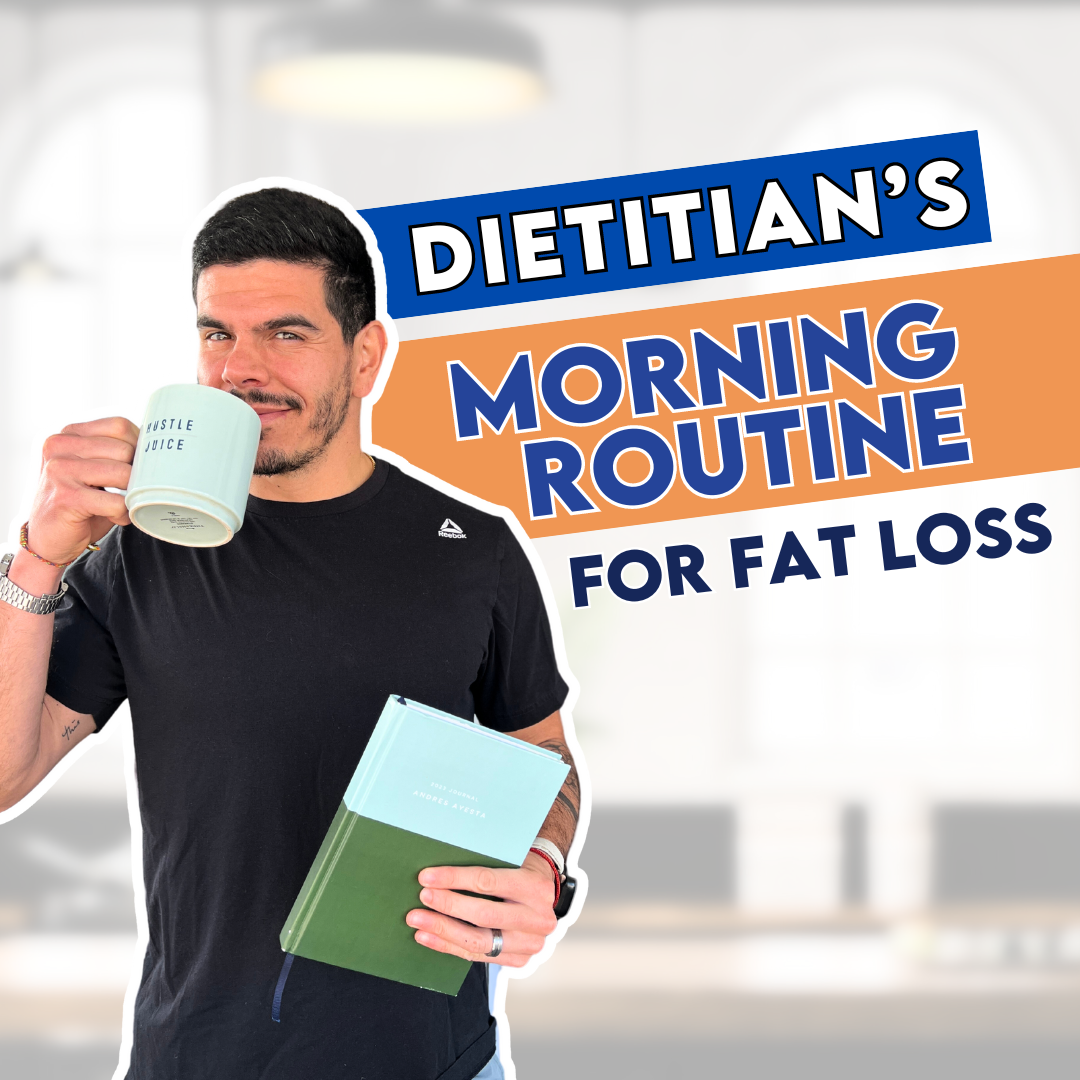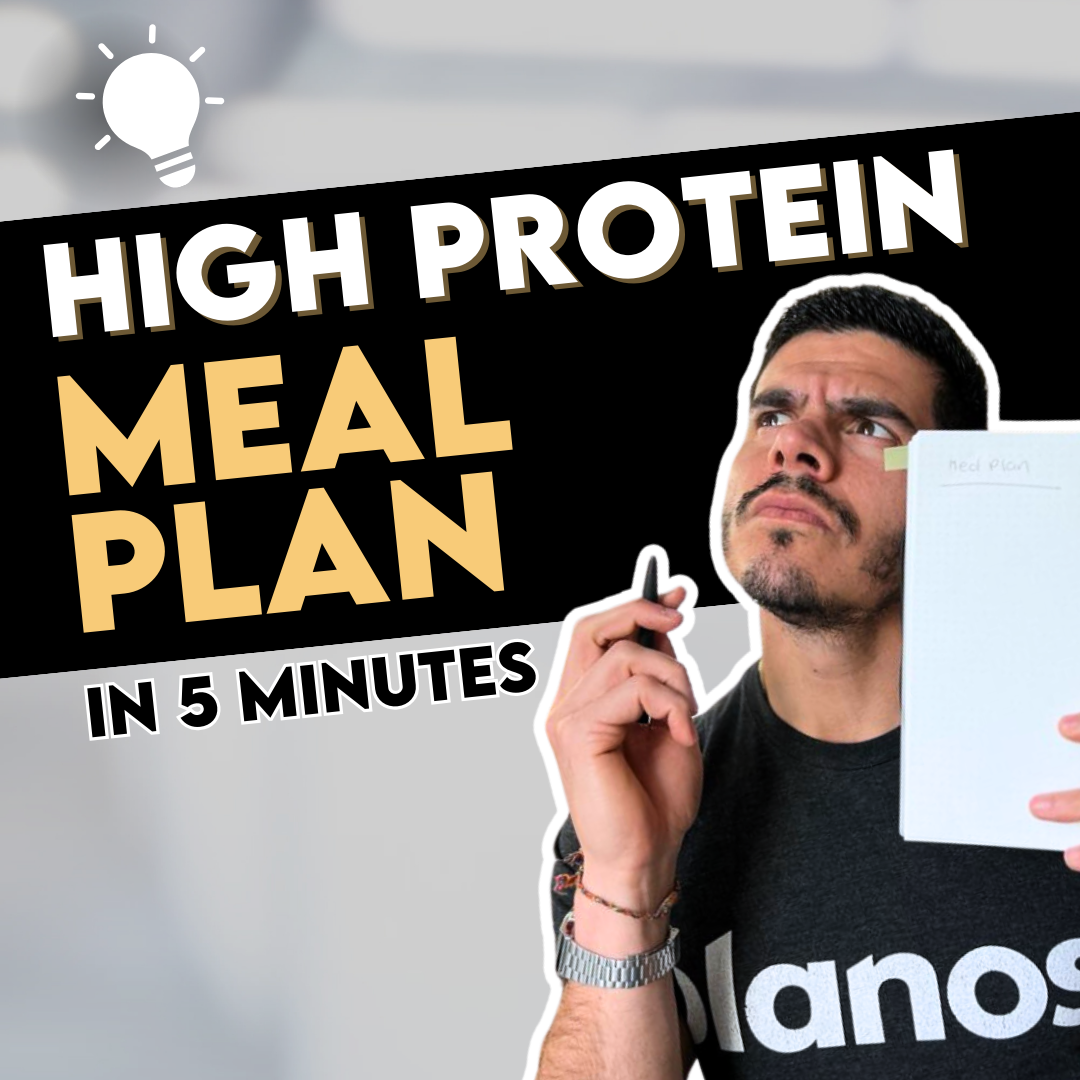Learn how starting a journal can help to accelerate your nutrition journey and lifestyle transformation.
How to Start Journaling for Personal Growth

Photo by Karolina Grabowska from Pexels
Keeping a journal is one of the most underrated tools in your health and nutrition journey, but how to start journaling is something many people are confused about.
When a lot of people think of journaling, they often think it means writing about the details of their daily life, which can get boring pretty fast.
But, when used properly, journaling can be a powerful tool for personal growth.
A few key things you should know about journaling before you start:
It can be messy.
Your journal doesn’t need to be a great work of literature or profound in any way. It doesn’t even have to be readable by anyone except yourself. Crossed out words, poor grammar, and misspelled words are all okay.
It doesn’t have to take a lot of time.
A journaling habit doesn’t have to mean writing 5 pages every day. It could just be one page, or even a few sentences.
There are no rules.
What you write in your journal is up to you. There are suggestions below for types of writing you could do, but you can choose whatever format works for you.
You need to create the habit.
A lot of people intend to start journaling (the same way many people want to start lots of other good habits, like meditation, exercise, or reading). You might buy yourself a new notebook and put it on your bedside table, but you aren’t going to be able to maintain the habit unless you choose a specific time in the day when you are going to write.
When starting a new habit, an effective strategy to use is called “habit stacking”. This is when you take something that is already a habit in your day and use that habit as a cue to start your new habit.
For example, if you have a habit of making coffee each morning and sitting down at your desk, you can decide: when I set my coffee down on my desk, I open my journal and write one page. Soon, it will become an automatic part of your morning.
Benefits of Journaling
Some forms of journaling are more closely related to nutrition, such as keeping a food diary. But our aim at Planos is to go beyond just keeping tabs on food intake.
In our Nutrition Makeover Method program, Mindset Shifting is one of our core pillars. The goal of our program isn’t just to teach you what foods to eat, but completely transform how you approach food and life by breaking down limiting beliefs, transforming your relationship with food and your body, and helping you show up with confidence in your life.
When you start to develop greater self-awareness, you begin to notice patterns in your behavior, whether it’s emotional eating, self-sabotage, guilt around food choices, or negative body image days.
Other key benefits of journaling:
- It helps you recognize where you are right now and what your strengths and weaknesses are, so you can start to make changes.
- It allows you to document your growth – celebrate victories, track habits and mindset changes, and realize how much your mindset has transformed over time.
- It helps you identify limiting beliefs (eg. “This might work for other people, but it won’t work for me,” “I always give up”, “No matter how hard I work I’ll never see the results I want.). These are thoughts about yourself that you believe are facts, but actually aren’t based on reality and are keeping you stuck in your life.
When you write these out, it gives you the opportunity to reframe them into empowering thoughts (eg. “Just because I haven’t succeeded yet doesn’t mean I never will,” “If this worked for other people, I know it can work for me”.)
- It can help manage negative emotions and avoid harmful emotional eating patterns that keep you from your goals.
Now that I’ve described the basics and the benefits, let’s get into the good stuff: what to actually write about in your journal.
How to start journaling
- Brain dump/free write.
The most basic way to write in your journal is just letting your thoughts flow and writing whatever comes into your mind. It doesn’t have to make sense, it’s just about getting your thoughts down on the page. This is a great strategy to use at night if you find your mind is racing, in the morning if you wake up feeling stressed, or any time when you’re tempted to turn to food to manage negative emotions or overthinking.
- Gratitude
Making a gratitude list is a great way to start or end your day on a positive note. If you make a daily list, try not to write the same thing every day. Switch it up so you’re always looking for new things to be grateful for.
- Affirmations
Writing positive affirmations in the morning can help you start the day with a positive mindset and focus on the kind of self-talk you want to bring into your day. Try affirmations like:
- I am in charge of how I feel today and I am choosing happiness.
- I am enough.
- I have the power to create change.
- I can achieve anything I set my mind to.
- Pep talk
Is there a challenge you’re struggling with in your life right now? Try giving yourself the pep talk you need to hear, using the motivating, uplifting words you might say to a good friend if they were going through a similar situation.
- Using prompts for self-reflection and development
Journal prompts are another great way to do some more structured reflection on your goals, your habits, and how you view yourself. There are hundreds of journal prompts you can find online, but here are a few to get you started:
- What do I want more of in my life?
- What do I need to let go of?
- What does my ideal day look like?
- What does success mean to me?
- How can I take care of myself today?
You don’t have to stick to just one type of journaling. You can combine multiple ideas above into your daily journaling habit, or choose a different style of journaling each day.
If you’re looking to change your body, that rarely comes without a mindset change, and if it does, those results usually won’t last. When you free yourself from your limiting beliefs and start to develop a more positive, growth-oriented mindset, it becomes easier to act in ways that align with the person you want to become.
Looking for more support? Check out the links below for resources and the opportunity to apply for nutrition coaching with Planos and see how the strategies we use in the Mindset Shifting pillar of our program can create a transformation in your life.
FREE RESOURCES
To download my Macro Counting Guide tap here
To download my Macro-Friendly Meal Planning Guide tap here
TO JOIN OUR PRIVATE FACEBOOK COMMUNITY
Planos Nutrition Club – tap here
FOR NUTRITION COACHING
Apply here at https://planosnutrition.com/application
explore more
explore more


